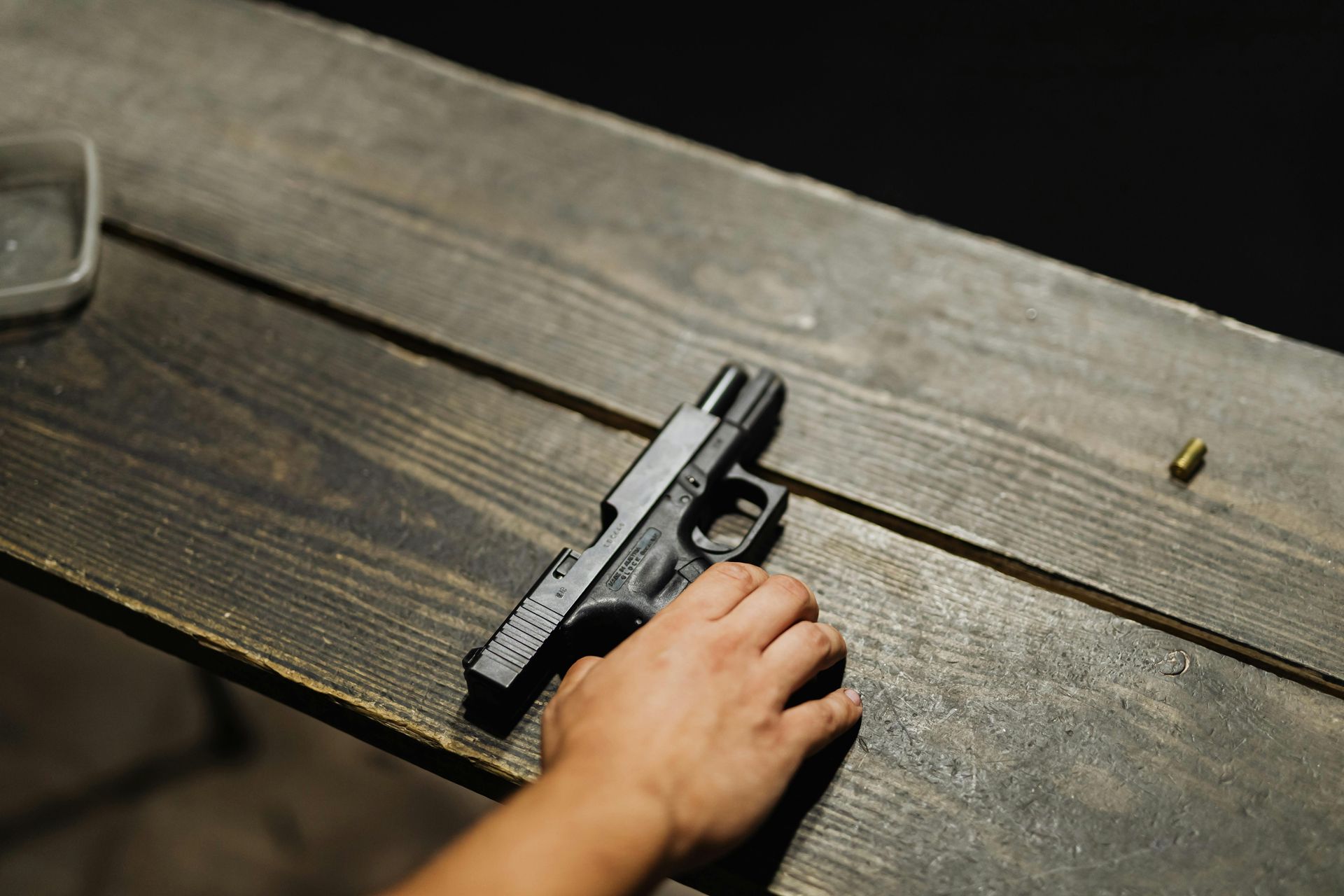Premises Liability vs. Slip and Fall: What’s the Difference?
Premises Liability vs. Slip and Fall: What’s the Difference?
When someone is injured on another person’s property, the legal claim may fall under “premises liability” or “slip and fall.” While these terms are often used interchangeably, they have distinct legal meanings that impact how your case is handled. At Aegis Law, LLC, we help Philadelphia residents understand their rights and pursue the compensation they deserve.
Premises Liability
Premises liability is a broad legal concept that holds property owners responsible for maintaining safe conditions for visitors. These claims can cover many types of hazards, including:
- Poor lighting
- Broken handrails or stairs
- Negligent security
- Falling objects
- Unsafe walkways
To succeed in a premises liability claim, you must show that the property owner knew—or should have known—about the dangerous condition and failed to address it.
Slip and Fall
Slip and fall is a type of premises liability claim. It refers specifically to injuries caused by slipping, tripping, or falling due to hazardous conditions.
Common causes include:
- Wet or slippery floors
- Ice or snow accumulation
- Loose floorboards or tiles
- Uneven pavement
While slip and fall cases are a subset of premises liability, the legal process is similar. You must demonstrate that the property owner failed to take reasonable steps to fix or warn about the hazard.
Key Difference
The main distinction is scope. Premises liability covers a wide range of unsafe property conditions, while slip and fall focuses solely on hazards that cause a fall. Understanding this difference is important when building your case and determining the type of evidence needed.
Protecting Your Rights in Philadelphia
If you’ve been injured due to unsafe property conditions, whether it was a slip and fall or another type of hazard, you may be entitled to compensation for medical bills, lost wages, and pain and suffering. At Aegis Law, LLC, we guide Philadelphia clients through the legal process to ensure their voices are heard and their rights are protected.









